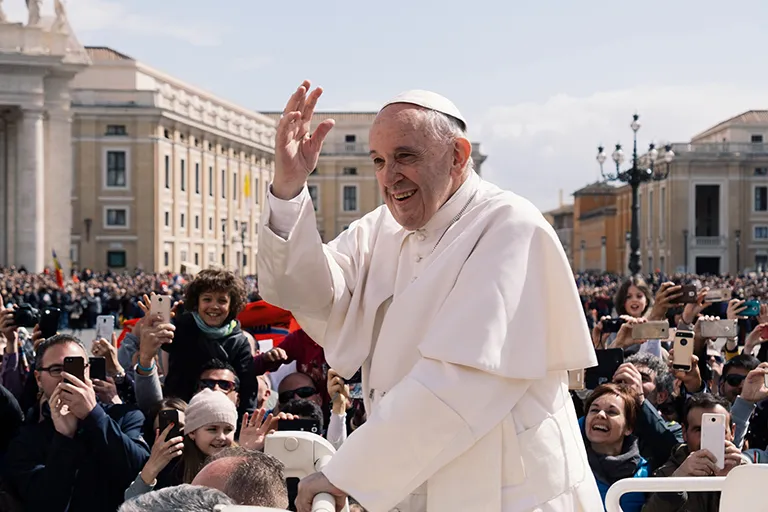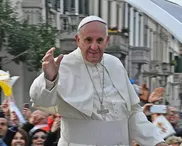Among the many puzzling things introduced by Pope Francis, his teaching (magisterium) is perhaps the level that was most impacted by the Argentinian Pontiff.
Many Roman Catholics (and also many non-Catholic observers), accustomed to associating the papal magisterium with an authoritative, coherent and stable form of doctrinal teaching, are perplexed if not dismayed by a Pope who seems both to say and not say, to argue for something and to undermine it, to state one position and then contradict it the next breath.
Officially, the Pope’s teaching is set in the context of the historical traditions of the church. In this sense, nothing changes. In reality, however, Francis is accentuating the developmental and inclusive dynamic of Roman Catholicism as it emerged from Vatican II (1962–1965). According to this trend, while there is a sense in which nothing changes, everything is nonetheless re-thought, re-expressed, and updated.








Pope Leo XIV: An evangelical view
The Roman Catholic Church has its new Pope - the 267th according to its official list.The number is less …